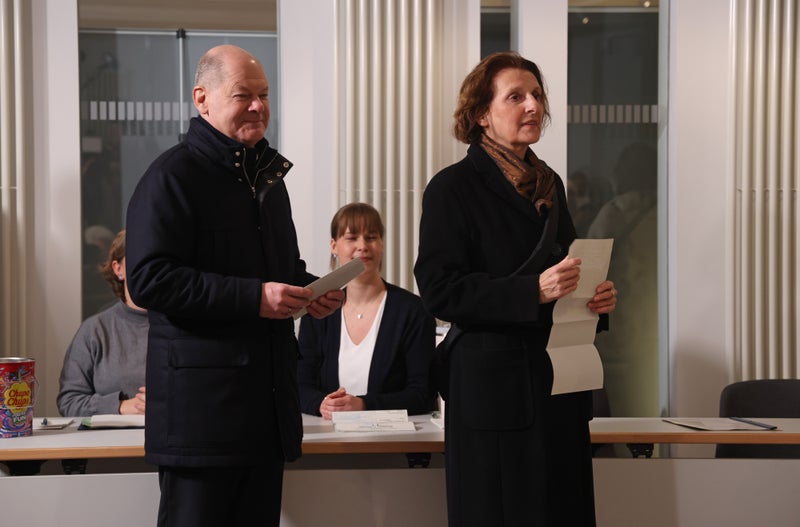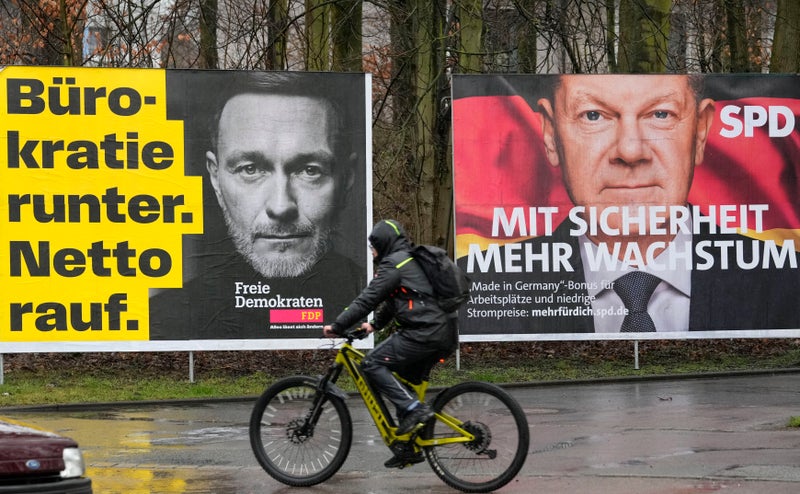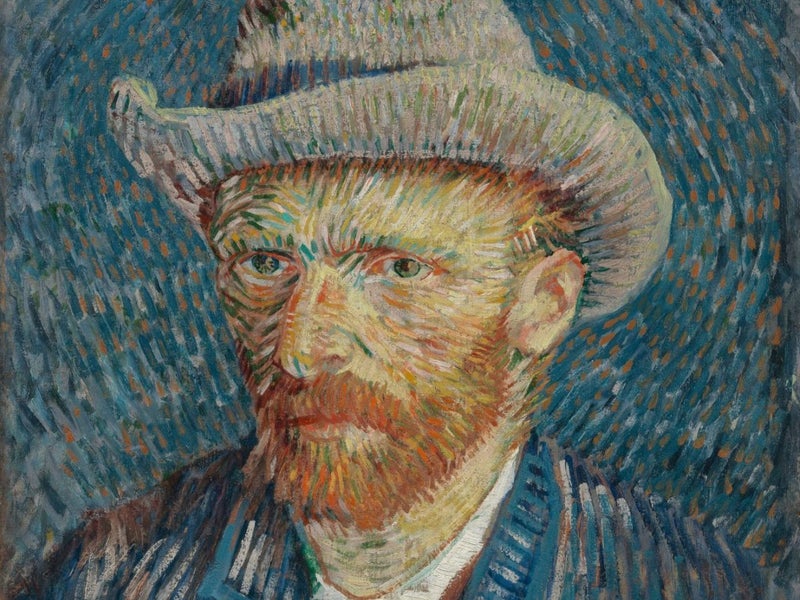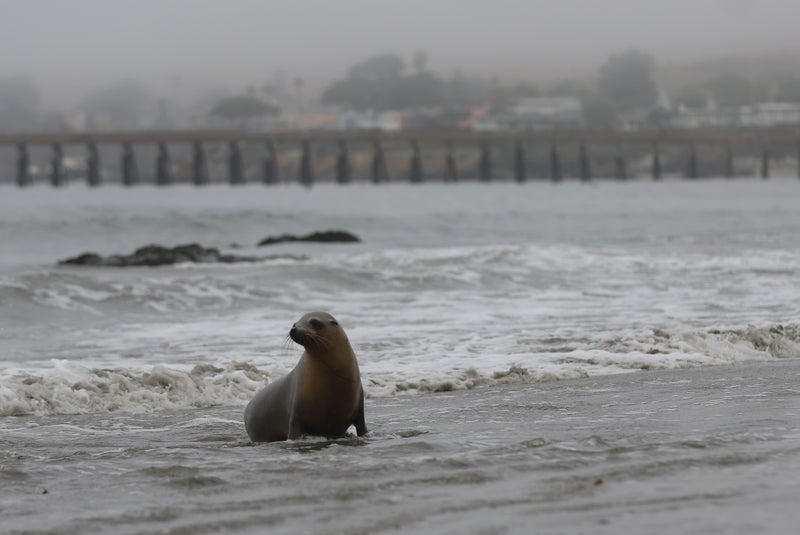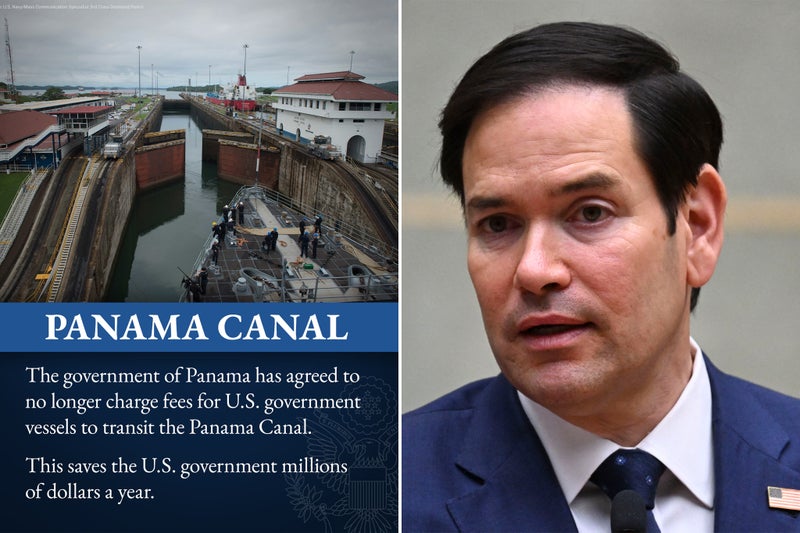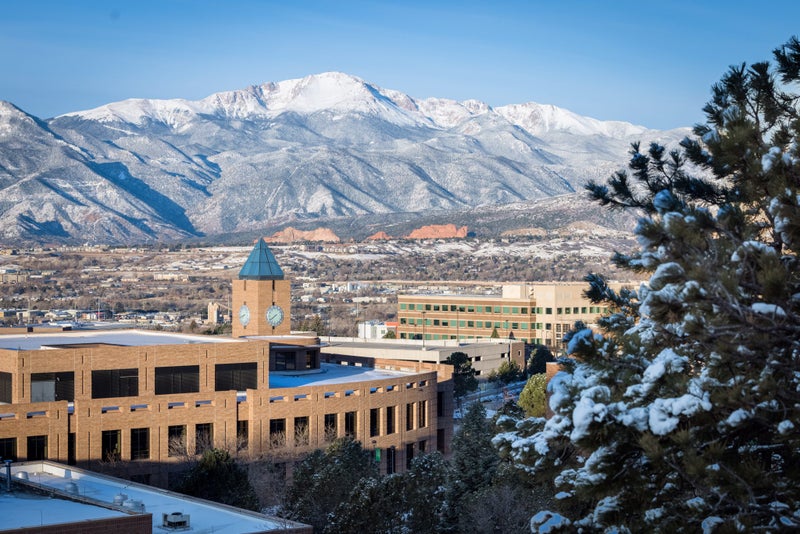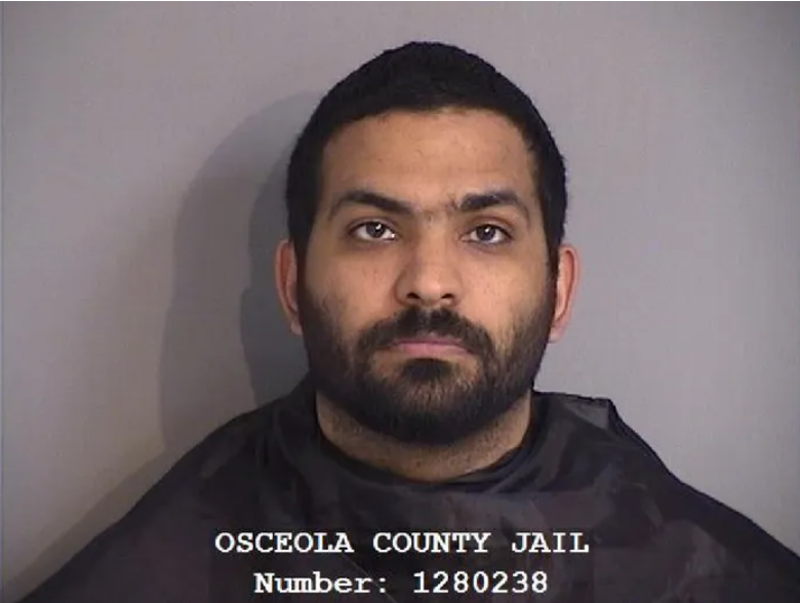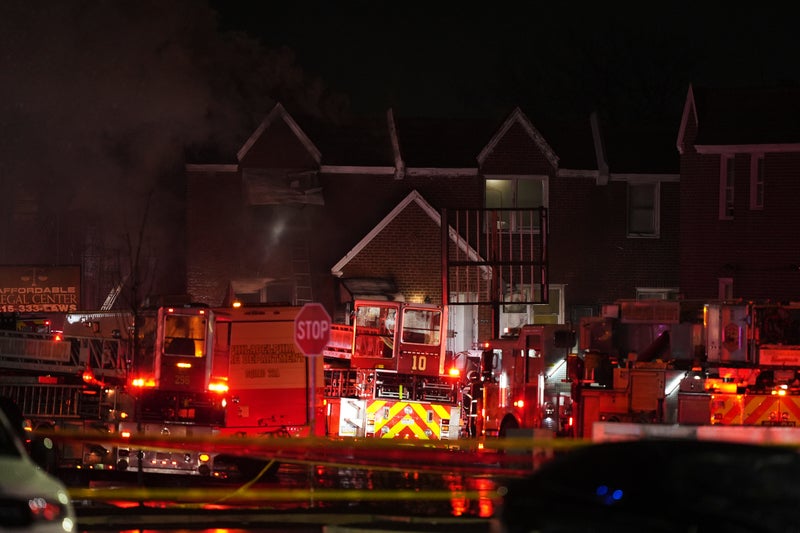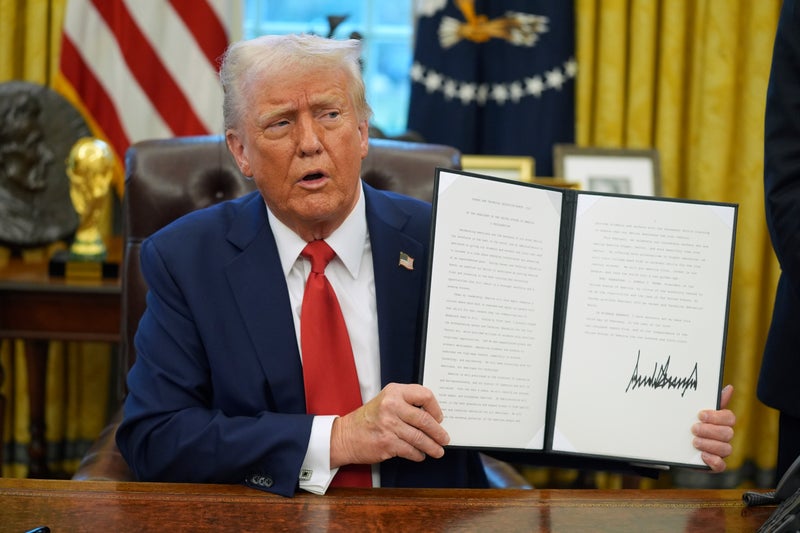Germany heads to the polls for the fourth snap election in its history. Voters are heading to the polls in Germany, in an election which is being closely watched across Europe and in the United States. Polling stations opened their doors at 8am local time (7am UK), with exit polls released and counting set to begin as soon as voting closes at 6pm (5pm UK).
![[Friedrich Merz casts his ballot in Arnsberg]](https://static.independent.co.uk/2025/02/23/10/52/CDU-chancellor-candidate-Merz-votes-in-Germanys-federal-elections-0ar6dqon.jpeg)
The outcome, which will determine how the country is run for the next four years, is expected to be clear fairly quickly, but the final official result is expected early on Monday. The centre-right Christian Democrats (CDU/CSU) is hoping to become the largest party in the Bundestag, allowing them to reinstall their first chancellor since Angela Merkel stepped down in 2021.
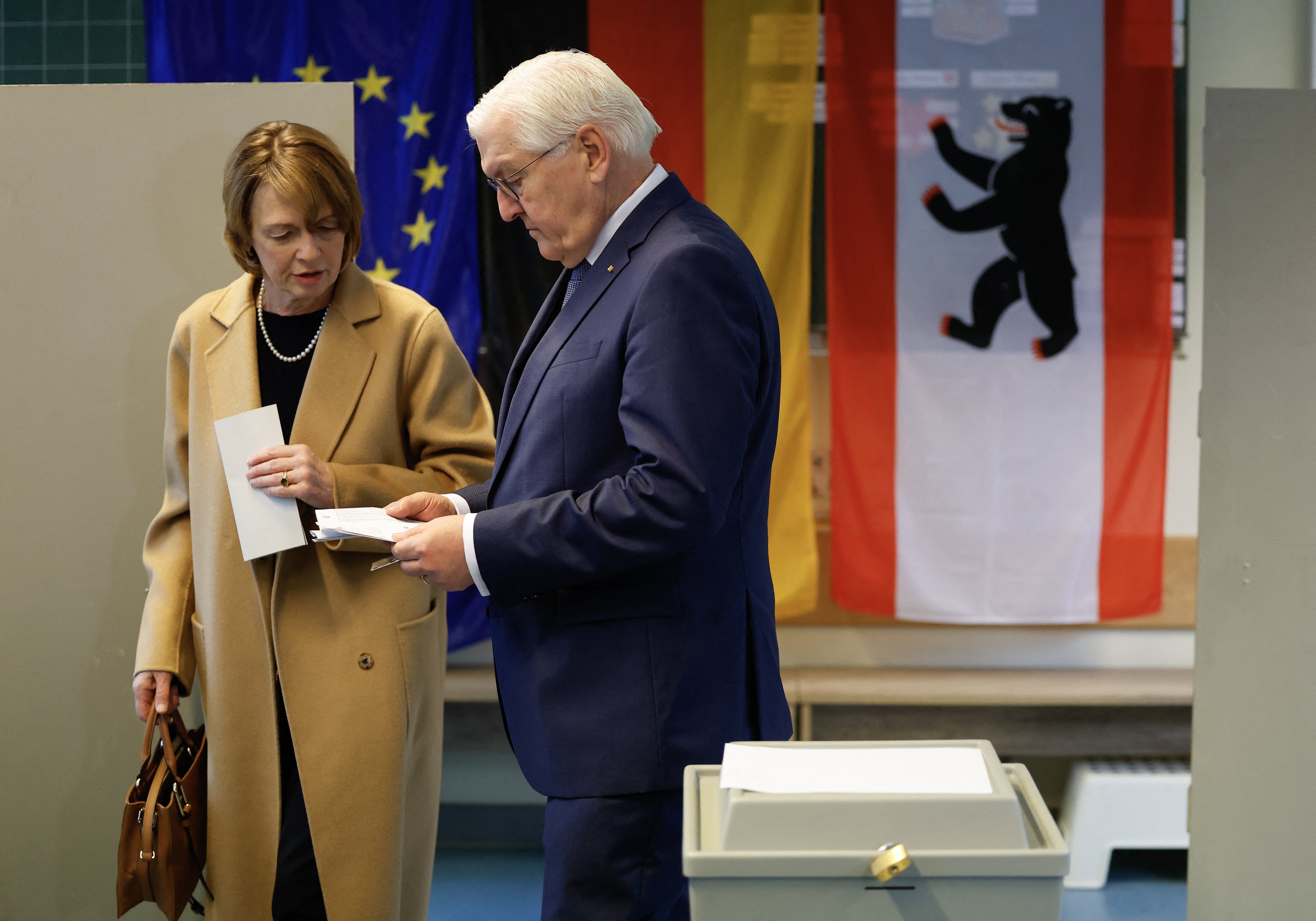
The far-right AfD is also hoping to make gains, after an election campaign heavily focused on immigration and the economy. German president Frank-Walter Steinmeier called the elections after chancellor Olaf Scholz lost a vote of confidence on 15 January – after losing the support of his coalition when he fired finance minister Christian Lindner amid tensions over economic policy.
![[German President Frank-Walter Steinmeier casts his vote at a polling station in Berlin, Germany, during the national election on Sunday]](https://static.independent.co.uk/2025/02/23/08/Germany_Election_73490.jpg)
But the governing coalition had been falling in popularity long before the dispute within government, with the AfD having surged in federal elections in Thuringia and Saxony last September. Germany’s chancellor Olaf Scholz has now cast his vote, visiting a polling station in Potsdam alongside his wife Britta Ernst.
![[A man casts his vote at a polling station in Duisburg, Germany, as polls open]](https://static.independent.co.uk/2025/02/23/08/Germany_Election_99518.jpg)
The CDU/CSU’s candidate for chancellor, Friedrich Merz, has also cast his ballot at a polling station in Arnsberg. More than 59 million people in the nation of 84 million are eligible to elect the 630 members of the lower house of parliament, the Bundestag, who will take their seats under the glass dome of Berlin’s landmark Reichstag building.
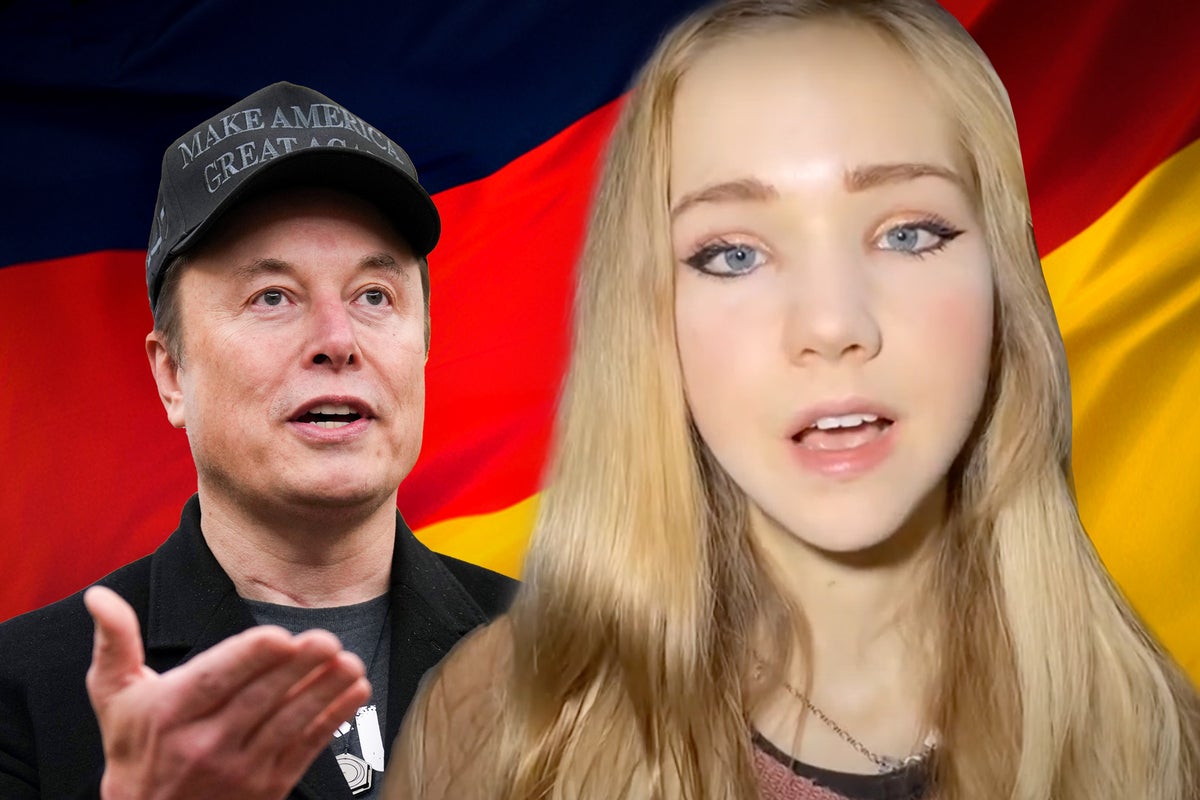
Germany’s electoral system rarely produces absolute majorities, and no party looks anywhere near one this time. It’s expected that two or more parties will form a coalition, following potentially difficult negotiations that will take weeks or even months before the Bundestag elects the next chancellor.

This election is taking place seven months before it was originally planned, after centre-left chancellor Olaf Scholz's coalition collapsed in November, three years into a term that was increasingly marred by infighting. Germany’s president Frank-Walter Steinmeier has urged others to exercise their right to vote as he cast his own ballot on Sunday morning.
“Use your right to vote, go and vote, help determine the future of our country and vote in the knowledge that your vote could be the decisive one,” Mr Steinmeier was quoted in local media as saying at a school in Berlin-Zehlendorf. German president Frank-Walter Steinmeier has cast his vote at a polling station in Berlin.
Steinmeier called the elections after chancellor Olaf Scholz lost a vote of confidence in the German Bundestag on 15 January – after losing the support of his coalition when he fired finance minister Christian Lindner amid tensions over economic policy.
Exit polls will be announced and vote counting will begin as soon as soon as polls close at 6pm local time (5pm UK). The general picture is expected to become clear fairly quickly, but the final official result is not expected until early on Monday. Germany’s electoral system rarely gives any party an absolute majority and it is expected that two or more parties will most likely form a coalition.
There is no set time limit for this process, with parties likely to hold exploratory talks to determine who they have most common ground with before moving on to formal coalition talks. Those negotiations typically produce a detailed coalition agreement setting out the new government’s plans. That will typically need approval at least from conventions of the parties involved and some parties may choose to put it to a ballot of their entire membership.
Once that process is complete, the Bundestag can elect the new chancellor. German voters are heading to the polls to elect a new parliament which will determine how the country is run for the next four years. Polls opened at 8am local time (7am UK), with exit polls released and counting set to begin as soon as voting closes at 6pm (5pm UK).
Germans can also vote by postal ballot, but their ballot must arrive by the time polling stations close on election day to be counted. When a young German anti-climate activist nicknamed the “anti-Greta Thunberg” began flattering tech billionaire Elon Musk on X, few could have foreseen it leading to the tech billionaire wholeheartedly endorsing Germany’s far-right. It would take just ten months.
X owner turned Trump ally Musk has described the AfD as the only party that “can save Germany”, interviewed the party’s leader, Alice Wiedel, spoken at the AfD’s election rally and written an op-ed endorsing the party. Musk has freely admitted that before his first interaction with the “anti-Greta Thunberg” Naomi Seibt on April 20 last year, he “didn’t know [the] AfD from a hole in the ground”.

